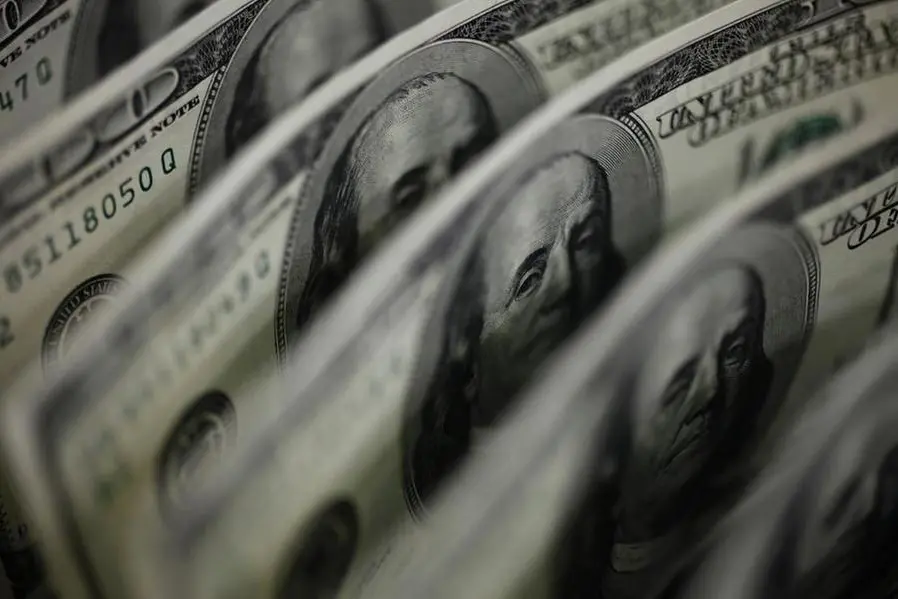PHOTO
Taiwan's central bank has instructed two major foreign exchange banks on the island to bring in more U.S. dollars to prepare for increased demand in case of political uncertainty in January elections, though less than in previous years, sources said.
Taiwan, which China claims as its own territory, holds presidential and legislative votes on Jan. 13.
Since the last election in 2020 China has stepped up its military pressure against Taiwan, including staging two rounds of war games in the past year and a half around the island.
Opinion polls put current Vice President Lai Ching-te of the ruling Democratic Progressive Party ahead in the polls to be the next president, whom China has described as a separatist. But the main opposition party, the Kuomintang, which favours close ties with China, has been narrowing the polling gap.
Three sources with direct knowledge of the situation told Reuters that Taiwan's central bank has instructed Mega Commercial Bank and Bank of Taiwan to import physical dollar bills to the total value of around $120 million.
The two banks declined to comment. The central bank did not respond to a request for comment.
However, the amount of cash is less than during previous elections, the sources added.
One source, who like the others requested anonymity as they were not authorised to speak to the media, said reasons for this included generally less public nervousness ahead of this election and the increased preference for electronic foreign exchange transactions rather than physical cash.
Taiwan usually stocks sufficient dollars ahead of elections to ensure it can meet demand if there is tension or political uncertainty with China, in case Taiwanese have to leave the island fast or the currency plunges in the event of a crisis.
Ahead of the 1996 elections, when China fired missiles into the Taiwan Strait, some Taiwanese rushed to buy gold.
Taiwan has substantial foreign exchange reserves, which stood at $567.5 billion at the end of November, the fourth-largest in the world. (Reporting by Liang-sa Loh; Writing by Ben Blanchard; Editing by Sam Holmes)





















